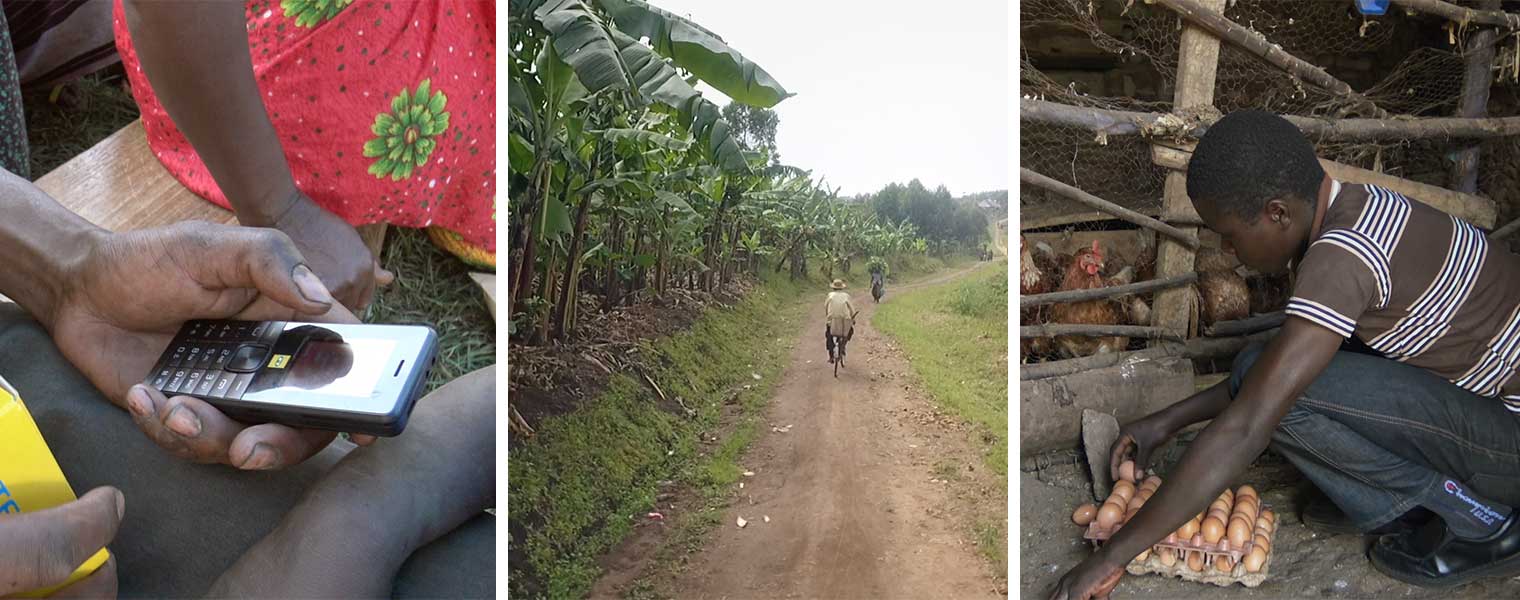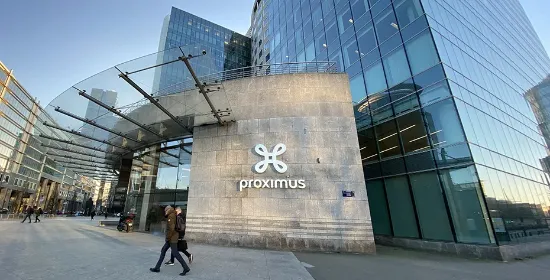Eight: a development project to provide basic income

A development project in Africa that gives whole village communities a basic income. And in this way puts them on the path to making their own decisions. That is Eight's starting point. And thanks to mobile data traffic, the aid from the development project reaches the right people directly and safely.
Eight’s development project works with a simple principle. People get the confidence to undertake something themselves. Financial support without conditions is instrumental in this respect. It takes the villagers out of their survival mode and gives them the breathing space to make good decisions. Each villager decides for him or herself what happens with the money. Indeed, traditional microfinancing appears to be successful in only 5% of cases. After all, not everyone is an entrepreneur.
The money for this development project comes from both companies and individuals.
First development project in Uganda
Founders Maarten Goethals and Steven Janssens started their development project Eight in Busibi. This village is located in the west of Uganda and has 150 inhabitants. Each inhabitant was given the opportunity to use his or her mobile phone as a bank account. A monthly deposit of 16 euro per adult was made on it. For children, 8 euro per month was provided. The people could then use the money, via mobile banking on their mobile phone.
The results were promising. One of the villagers started a chicken farm. And then built up a real company, with a few employees. Shops were also set up in the village. The people handled the money responsibly. They started saving and investing. Some people's fears that the money would go to alcohol and drugs turned out to be unfounded.
In addition, a new dynamic emerged. More people could send their children to school. And the village started lobbying the local government to improve the only road to the village.
Eight helps in Congo, together with Proximus
Many raw materials for mobile phones and smartphones originate from Congo. Think of precious metals like cobalt, silver, gold, tin and tantalum. Extraction frequently takes place in an artisanal and unsafe way. Often even children are used. It is rarely a voluntary choice of the population, but a matter of survival.
This is exactly what Eight wants to break up. And that is what the development project is doing together with Proximus. This is why we set up Don't Miss The Call. The aim is to collect 100,000 old mobile phones in 2020, both from private individuals and companies in Belgium. The materials and precious metals are subsequently recycled, so much less new extraction is needed. This is what is called urban mining. This initiative is also supported by Umicore, the largest Belgian recycling company of precious and other metals.
In addition, mobile data and technology are important to the success of this unique Eight project. And this without intermediaries or other organizations. The basic income is given directly to the population, in a safe way. A mobile bank account on mobile phones makes this possible. What's more, it reduces the digital divide and indirectly sets many other things in motion, such as the emergence of savings groups and a greater feeling of happiness among the population.
Do you too want to recycle your old phone? Pop into your local Proximus Shop with your phone. There we'll give you a voucher with the value of your mobile phone. Exchange it for a discount in the shop or online - or donate the amount to Eight. Together we make the difference!

